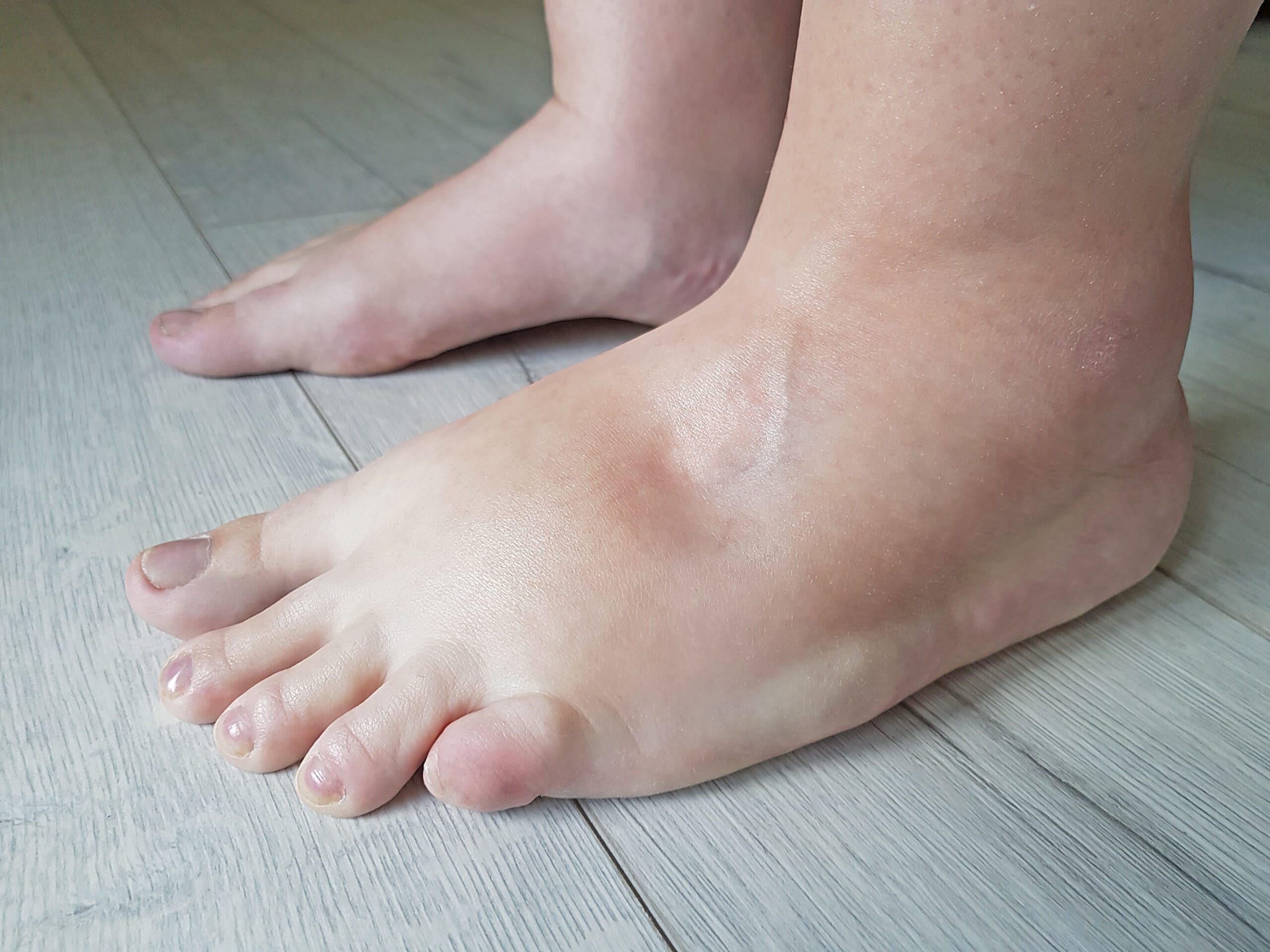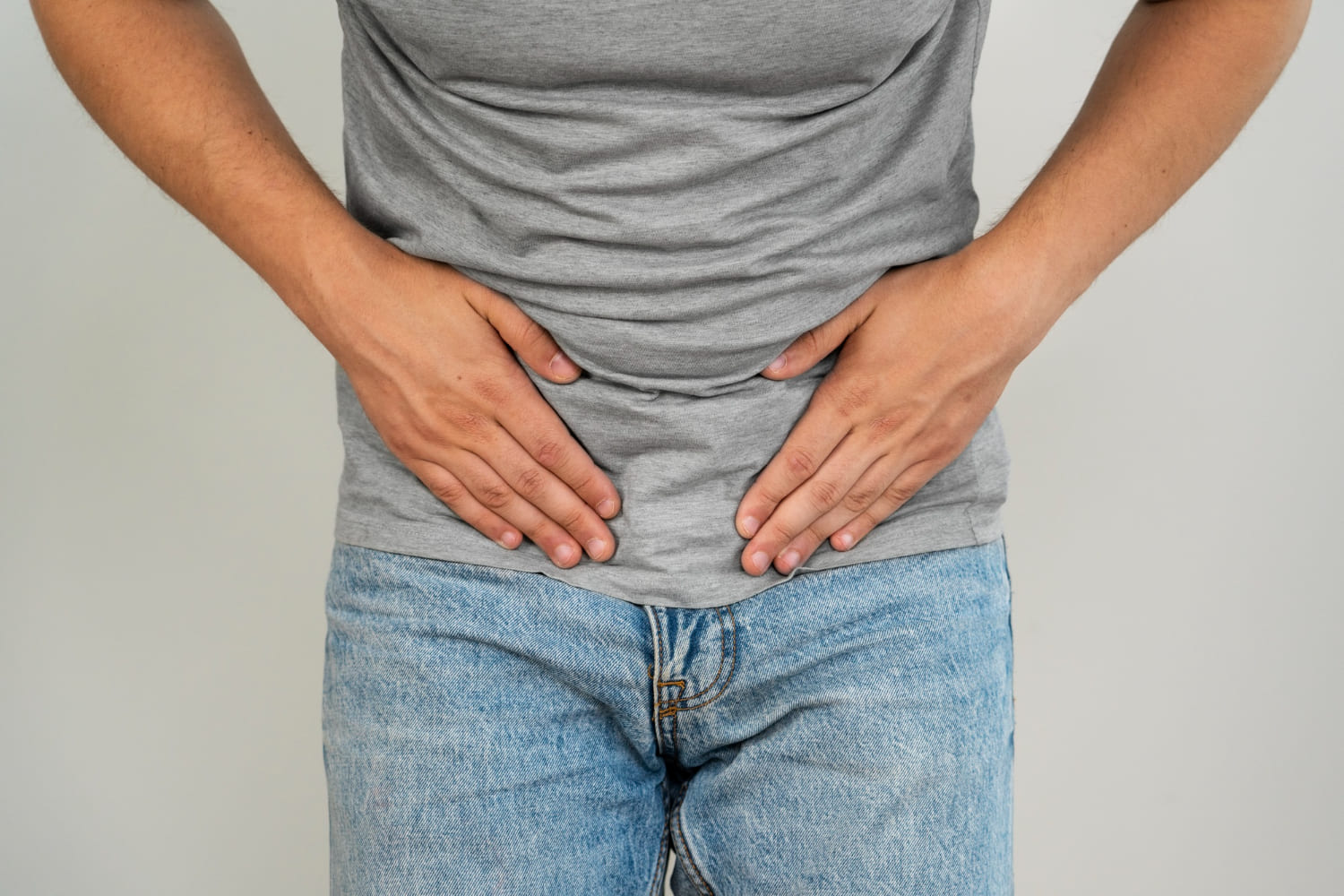Water is essential for our bodies, making up about 70% of our total weight. It’s a crucial component of all bodily tissues and fluids, including blood and lymph. The body has a sophisticated system for regulating water levels, adjusting according to our intake and external conditions. If this balance is disrupted, it can lead to water retention, known medically as edema. This condition can either affect the entire body or be localized, such as in the ankles (pedal edema). Homeopathic remedies can be quite effective for managing water retention, but it’s important to identify any underlying health issues before starting treatment.
Homeopathic Treatment for Water Retention
For mild cases, adjusting diet and lifestyle along with homeopathic remedies can be very effective. In more severe cases where water retention is linked to major organ disorders, homeopathy can complement conventional treatments to support overall health. Homeopathic treatments for water retention are safe, using natural substances that have no side effects, making them suitable for all ages.
Key Homeopathic Remedies for Water Retention
Some effective homeopathic remedies for water retention include:
- Acetic Acid
- Apocynum
- Apis Mellifica
- Cardus Marianus
- Digitalis
- Fluoric Acid
- Terebinth
These remedies should be tailored to individual symptoms and should be used under the guidance of a qualified homeopath.
Causes and Types of Water Retention
Temporary water retention can result from dietary factors, such as excessive salt intake, lack of protein, or vitamin B deficiencies. Lifestyle factors, like prolonged sitting or standing, immobility, and long flights, can also contribute. Certain medications, hormonal changes, and conditions like thyroid disorders or heart failure may cause water retention as well. For women, hormonal changes before menstruation or during pregnancy can lead to temporary water retention, which usually resolves after childbirth.
Types of Water Retention
- Pitting Edema: This type occurs when pressure on the swollen area leaves a dent. It’s often associated with systemic issues like heart, liver, or kidney failure.
- Non-Pitting Edema: This type doesn’t leave a dent and is usually linked to lymphatic or thyroid disorders.
Signs and Symptoms of Water Retention
Water retention can vary from mild to severe and often affects the feet, ankles, legs, or hands. Here are common scenarios:
- High Sodium Diet and Sedentary Lifestyle: May cause temporary swelling in the ankles or lower limbs, which usually improves with movement or leg elevation.
- Prolonged Standing: Can lead to swelling and pain in the legs due to poor blood circulation and varicose veins. Skin changes, such as eruptions or ulcers, may also occur.
- Congestive Heart Failure: Typically causes swelling in the legs, feet, and ankles, accompanied by fatigue, weakness, and a rapid heart rate.
- Pulmonary Edema: Water retention in the lungs can cause chronic cough and breathlessness.
- Cirrhosis of the Liver: Results in swelling in the abdomen and legs.
- Kidney Failure: Often causes puffiness around the eyes and swelling in the legs.
- Lymphatic Disorders: Localized swelling or lymphoedema may occur in the affected limb.
- Hypothyroidism: May lead to swelling around the eyes and face, as well as in the feet and legs.




